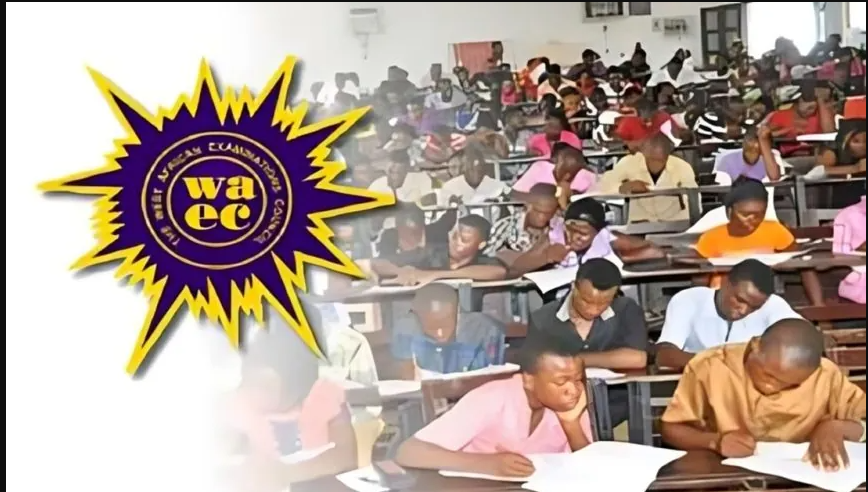Nigeria’s two major examination bodies – the Joint Admissions and Matriculation Board (JAMB) and the West African Examinations Council (WAEC) – are facing mounting criticism over what has been described as their “season of bungled examinations” in 2025, leaving thousands of candidates traumatised and sparking calls for urgent reforms.
Earlier in the year, JAMB was forced to cancel and reschedule its Unified Tertiary Matriculation Examination (UTME) following widespread technical glitches that crippled tests across the Southeast and parts of Lagos. The board blamed the problem on its adoption of new software for the Computer-Based Test (CBT). Despite apologies from Registrar Prof. Ishaq Oloyede, including a rare public show of emotion, the incident dented the credibility of the exam and triggered threats of lawsuits from over 8,000 affected candidates.
WAEC’s turn came in August when the council initially announced that only 38.32% of the nearly two million candidates who sat for the May/June WASSCE had secured five credits, including English and Mathematics. The shocking figure sparked outrage among parents, educators, and civil society groups, many of whom demanded cancellation of key subjects such as English and Mathematics.
Just two days later, WAEC temporarily blocked access to the results, citing “technical glitches.” A week after, it revised the figures, announcing that 62.96% of candidates had in fact passed – a sharp contrast that stakeholders described as embarrassing and damaging to the integrity of Nigeria’s examination system.
WAEC explained that the problem stemmed from “serialization issues” in some subjects, including Mathematics, English, Biology, and Economics. However, education advocates were not convinced. James Odion, Founder of the Education for All Initiative, said: “You cannot make such a serious examination a subject of trial and error. Today, the pass rate is 38 per cent, tomorrow it becomes 63 per cent. How are we supposed to trust the authenticity of these results?”
Parents, school proprietors, and education experts have since called for independent investigations into both JAMB and WAEC, with some urging the Federal Government to overhaul their leadership. Critics also argue that years of underfunding, poor digital infrastructure, and inadequate preparation have combined to undermine the credibility of Nigeria’s education assessment system.
Despite the storm, some stakeholders have commended WAEC for its swift intervention and transparency in addressing the glitches. They argue that the council’s willingness to review and correct its processes shows progress in digital accountability.
But for thousands of students whose educational dreams were disrupted, the damage may already have been done. Many candidates continue to question whether their results truly reflect their efforts, while others remain fearful of what future examination cycles may bring.
Former Labour Party presidential candidate Peter Obi weighed in, describing the debacle as a reflection of Nigeria’s deep-rooted educational crisis. “The outcome is a symptom of years of neglect and poor prioritisation of education,” he said.
With both JAMB and WAEC facing a confidence crisis, the big question now is whether the government will heed calls for reforms that can restore trust in Nigeria’s examinations – the very gateway to higher education and future opportunities.

